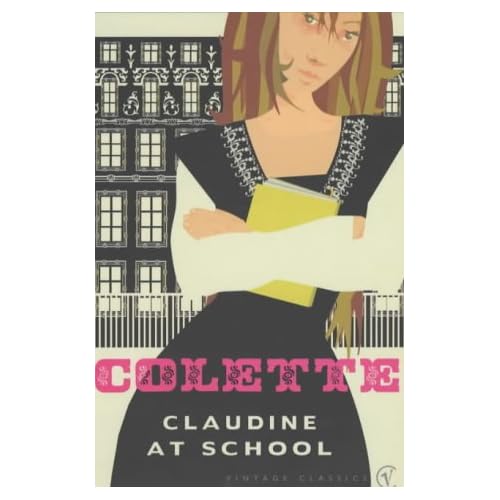 If there was ever a book that just made you feel slightly uneasy, a tad queasy, very uncomfortable, but still had you hooked, this would be it.
You have Brodeck, who survived being treated like a dog - literally - in a prisoner-of-war camp, in France, during an unnamed war, albeit implicitly it suggests that the war is World War II. He returns to his village, a changed man, and as he goes through the motions of ordinary life, he is still haunted by the past. The growing xenophobia and animosity in the village doesn't really help either.
If there was ever a book that just made you feel slightly uneasy, a tad queasy, very uncomfortable, but still had you hooked, this would be it.
You have Brodeck, who survived being treated like a dog - literally - in a prisoner-of-war camp, in France, during an unnamed war, albeit implicitly it suggests that the war is World War II. He returns to his village, a changed man, and as he goes through the motions of ordinary life, he is still haunted by the past. The growing xenophobia and animosity in the village doesn't really help either.
We had to go down on all fours, like the dogs, and eat our food without using anything but our mouths, like the dogs.
Most of my fellow prisoners refused to do it. They are dead. As for me, I ate like the dogs, on all fours and using only my mouth. And I am alive.
Sometimes when the guards were drunk or had nothing else to do, they amused themselves by putting a collar and leash on me. I had to crawl around like that on all fours. [...] I had to strut and turn round in circles and bark and hang my tongue out and lick their boots.
The book has two parallel narratives (jumping from one to the other): one of Brodeck's present, and one of his past. In the present-day, Brodeck has been requested by his fellow villagers to write a report on the Ereigniës (i.e. "the thing that happened") with Anderer, the Other. Anderer was a stranger that arrived in the village, in colourful robes, on a donkey and a horse, with artistic skills. His name remains an unknown, and the initial friendliness of the villagers soon descends to animosity, so much so that he is murdered. The unmentioned refrain is, it had to be done. At the outset of his report, Brodeck states that he had nothing to do with it, and left to him, he'd never speak of it again.
As he recounts the events that transpired since the day the Other arrived in the village, he takes various unpleasant trips down memory lane, remembering the horrors of his past, and the choices he made to survive. Survival of the fittest mutates to survival of the ones willing to do anything to survive, no matter how degrading or self-abasing it is; and the thing - the only thing - that encourages this complete submission from Brodeck is his adoptive mother, and his lover, and to return to them, safe and sound.
"Those were two years of total darkness. I look upon that time as a void in my life - very black and very deep - and therefore I call it the Kazerskwir, the crater. Often, at night, I still venture out on to its rim."
The writing, the metaphors, the imagery is both, beautiful and poignant. And of course, heartbreaking. The mind boggles, that people can be so cruel, and on reading about some of the events, my stomach churned, and I had to remind myself that this was fiction. To quote Wordsworth, have I not reason to lament what man has made of man?
If you have an interest in WWII literature, I really can't recommend this book enough. I don't know if Claudel has written anything else or not, but I would be curious to read some of his other works, to see how they hold in comparison. Any ideas?
This was read for Paris in July, hosted by Karen at BookBath and Tamara at ThymeForTea. It's not a cheery happy summer book, but it was a fantastic read, and most of the times, that's all that matters.
 Written at the turn of the century (i.e. first published in 1900), this delightful and entertaining novel is an intimate diary of fifteen year old Claudine who attends school in Montigny in France. It's scandalous, it's humorous, and it's feel-good.
Largely autobiographical (and the first book of a four-part series), this book covers the last year of Claudine's (Colette's) school life, in an all-girls school. Claudine is precocious - flirtatious even - but charming; so full of life, but a bully; accustomed to getting her own way, but still being at odds with the dreaded Headmistress.
Written at the turn of the century (i.e. first published in 1900), this delightful and entertaining novel is an intimate diary of fifteen year old Claudine who attends school in Montigny in France. It's scandalous, it's humorous, and it's feel-good.
Largely autobiographical (and the first book of a four-part series), this book covers the last year of Claudine's (Colette's) school life, in an all-girls school. Claudine is precocious - flirtatious even - but charming; so full of life, but a bully; accustomed to getting her own way, but still being at odds with the dreaded Headmistress.